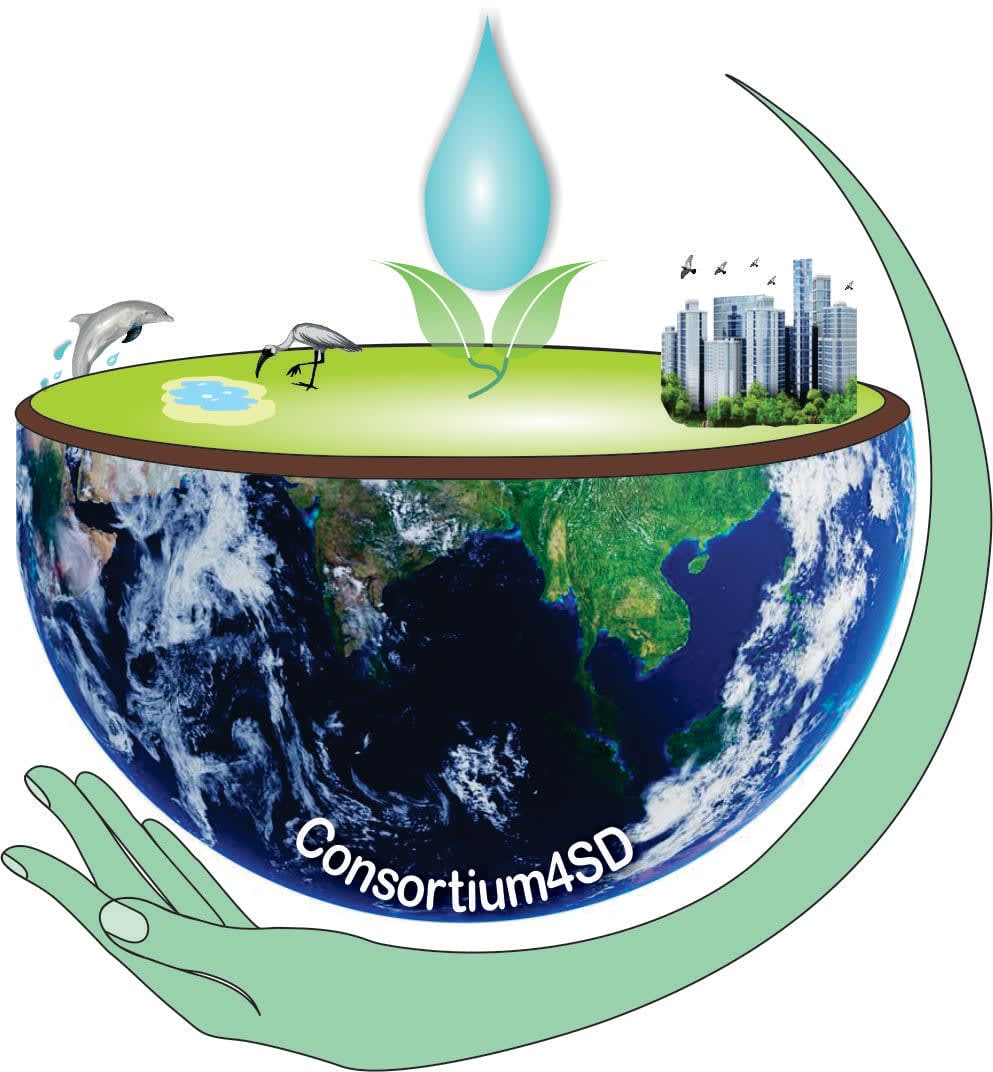For a Sustainable Future

Climate
A healthy planet is key to the progress of countries, societies, and individuals. If carbon emission is the main culprit, technology and policy changes needed to achieve a zero-emissions must be implemented.
Climate change's unpredictable consequences impact every society's progress, whether in a developed or developing nation. The main culprit is the rising concentration of Carbon dioxide from fossil fuels. It is now well recognized that climate change would impact societies in many far-reaching ways—health, agriculture and food security, water supply, transportation, energy, and environment, among the key sectors. Prolonged periods of high temperatures associated with droughts trigger heat waves and wildfires in some parts of the globe. Coastal communities face the threat of rising sea levels, storm surges, flooding, and coastal erosion. Extreme temperatures, excessive downpours and unpredictable weather patterns derail the infrastructures and transportation network, disrupting the economy. Socioeconomic inequalities, prevalent in most developing countries, expose large sections of people to climate change-related hazards. And they are invariably the most vulnerable, the least prepared and with the smallest resources to respond. We dedicate our climate service to helping communities adapt to climate change's impacts— the greatest threat to humanity. Climate change impacts our planet in various ways. Rise in temperatures and variations in precipitation patterns are impacting the health and livelihood of people.
Our team is committed to working with individuals and organizations to create solutions that will reduce greenhouse gas emissions and mitigate the impacts of climate change.
Get in Touch
Send Us a Message
If you have any questions, please let us know. We are here for you.
